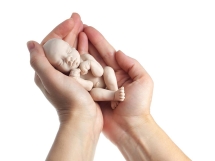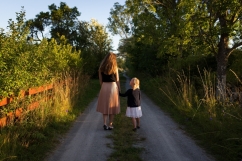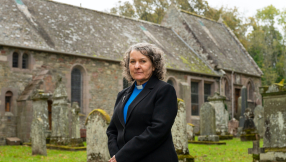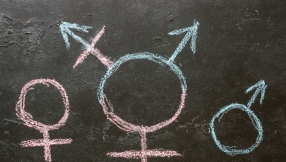Tens of thousands of Christians sang happy songs and even ate ice cream together to celebrate one thing: the beauty of life.
The event took place in Chile's capital Santiago last weekend when 100,000 people trooped to the streets to call on their lawmakers not to pass a proposed legislation that will allow the killing of innocent babies inside their mothers' wombs in certain circumstances.
People from all walks of life—priests, nuns, students and entire families—packed the city's pedestrian street, Paseo Bulnes, waving banners which say, "Chile no mates," meaning "Chile doesn't kill."
During the Sept. 3 event meant to celebrate life, Santiago Cardinal Ricardo Ezzati, who has worked on life issues with other Christian churches, urged the attendees to help ensure that all people are given the chance to live life with dignity.
"Life is a precious gift from God, the most priceless gift you can ever have. It is important that we help people to live with dignity: children who are abandoned, women who suffer domestic violence and the homeless. Today I want everyone to shout loud and clear that they are saying 'yes' to life," the Roman Catholic Church official said during the event, as quoted by The Catholic Herald.
Abortion has been outlawed since 1989 in Chile, where around 55 percent of the people are self-professed Catholics. The banning on the killing of innocent babies was among the last acts of General Augusto Pinochet's military government.
Last March, however, Chile's lower house of Congress approved the overturning of this abortion ban, and sought to allow killing babies in cases of rape or when the existence of the baby threatens the mother's health. This proposed legislation will still have to be approved by Chile's Senate.
During the Sept. 3 Santiago rally, a man named Massiel Moreno, who was born after his mother was raped, said he is a living proof that no one should be allowed to kill babies, no matter what the circumstances are.
"I was adopted by a loving family who couldn't have children. They did the very best they could for me, and here I am today, married with a beautiful nine-month-old daughter, the continuation of the gift of life that God gave me," Moreno said.
















